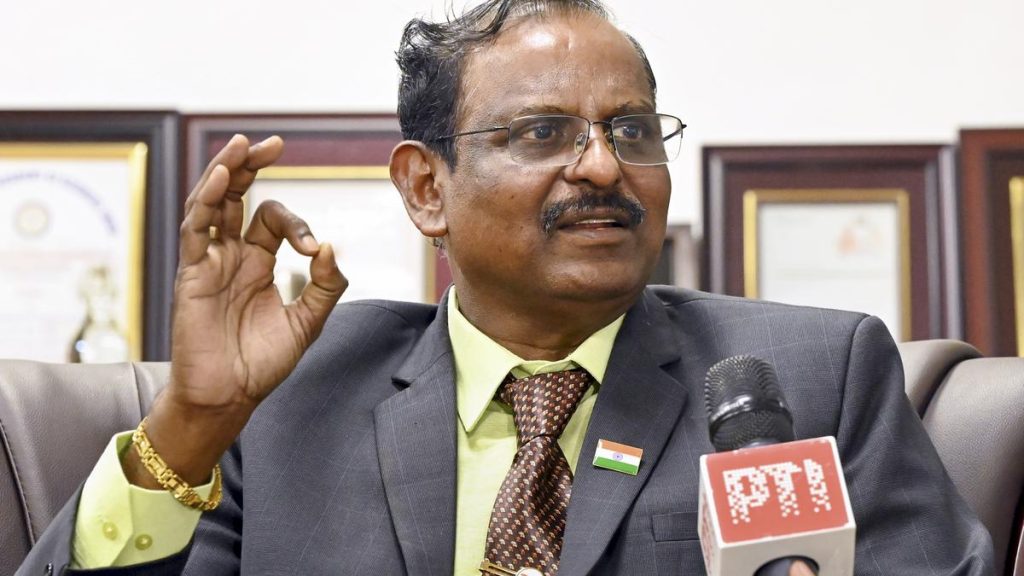Now Reading: After Canada, Denmark Boycotts U.S. Goods: Netflix and Californian Wine Targeted
-
01
After Canada, Denmark Boycotts U.S. Goods: Netflix and Californian Wine Targeted
After Canada, Denmark Boycotts U.S. Goods: Netflix and Californian Wine Targeted

Quick Summary
- Denmark is witnessing a grassroots boycott of American products over dissatisfaction wiht US President Donald Trump’s aggressive policies regarding greenland.
- Danes are avoiding American products like California almonds, Disney+, Netflix, Coca-Cola, and Pringles in favor of local or European alternatives.
- A Facebook group with tens of thousands of members exchange tips on buying locally while some others cancel US streaming subscriptions and vacations.
- Denmark’s biggest supermarket operator, Salling Group, has introduced labels promoting European goods amidst the sentiment shift.
- Historical ties between Denmark and the United States are under strain due to public pressure on the Danish government to confront Washington’s rhetoric regarding Greenland.
Indian Opinion Analysis
This development signals how international diplomatic tensions can influence consumer behavior and economic decisions at a grassroots level. For India,this highlights an critically importent trend in public diplomacy-the ability for foreign policy stances to directly impact trade and markets. While India’s economic exchanges are less likely to face comparable boycotts given its non-expansionist foreign policy approach,it serves as a case study in how citizen-led movements can amplify political messages. It also underscores the necessity for countries like India to balance bilateral relations while ensuring respect for territorial sovereignty-something that resonates deeply given India’s own geopolitical concerns. The unfolding situation may encourage governments globally-including India-to focus more on soft power approaches that emphasize mutual respect over unilateral moves.
























